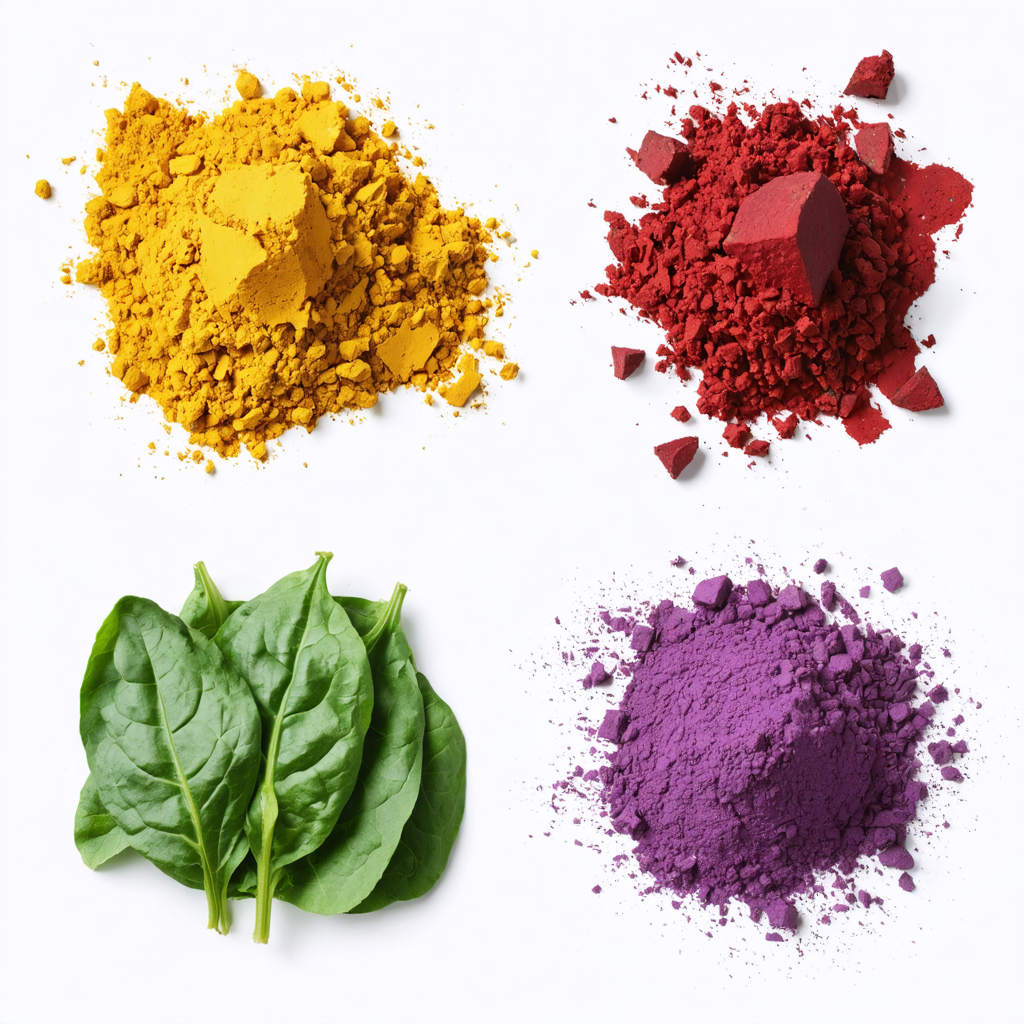In the world of meat preservation, finding safe and sustainable alternatives to traditional additives like nitrites is becoming crucial. Monascus extract is one such promising substitute.
Monascus extract offers a natural, safe, and effective alternative to nitrites in meats, reducing health risks while providing vibrant red coloring. It’s an exciting innovation for the food industry.
Transitioning from synthetic to natural alternatives is not just a trend but a necessity for the future of food safety. Let’s explore the potential of Monascus extract in meat products.

Table of Contents
ToggleWhat is Monascus Extract and Why is It Considered a Viable Nitrite Alternative?
Monascus extract is derived from the fermentation of the Monascus fungus, known for its ability to produce natural pigments. But how does it serve as an alternative to nitrites in meats?
Monascus extract is a natural pigment, and its antioxidant properties make it a viable alternative to nitrites, offering both color and preservation benefits.
Monascus extract is not just about color; it offers several advantages over traditional preservatives. By producing vibrant red hues, it mimics the effect of nitrites in processed meats, like sausages and ham, while providing natural preservation and antioxidant benefits.
How Does Monascus Extract Compare to Nitrite in Meat Preservation?
When it comes to preserving meats, nitrites[^1] have been a long-standing solution due to their ability to inhibit bacterial growth. However, they come with certain health risks. Monascus extract has gained attention as a safer, natural alternative.
[^1]: Understanding the health risks of nitrites can help you make informed choices about food safety and preservation methods.

Monascus extract possesses natural antibacterial properties, helping to extend the shelf life of meats without the negative health effects linked to nitrites.
Monascus extract not only acts as a colorant but also serves as a preservation agent[^2]. Unlike nitrites, which can form harmful compounds when exposed to high heat, Monascus extract does not produce any dangerous byproducts. It has been found to offer effective antimicrobial protection, keeping meat products safe and fresh longer.
[^2]: Discover various natural preservation agents, including Monascus extract, to make informed choices for healthier food options.
Benefits of Using Monascus Extract in Meat Products
One of the major concerns with nitrites is their potential to form carcinogenic compounds[^3] called nitrosamines when exposed to high heat. Monascus extract sidesteps this issue, making it a more health-conscious option for consumers. Additionally, the natural pigments provided by Monascus extract are stable, maintaining the vibrant red color in processed meats for longer periods.
Moreover, Monascus extract has been shown to possess antioxidant properties. These properties are beneficial for preserving the quality and texture of meats, even when stored over long periods. By switching to Monascus, producers can offer a safer, cleaner product to consumers, reducing the need for synthetic preservatives that may raise health concerns.
[^3]: Understanding nitrosamines is crucial for consumers concerned about food safety and health risks associated with processed meats.
| Nitrite-Based Preservation | Monascus Extract-Based Preservation |
|---|---|
| Forms potentially harmful nitrosamines when heated | No formation of harmful byproducts |
| Synthetic additive | Natural and plant-based |
| Linked to health risks like cancer | Rich in antioxidants, safer option |
| Stable but less eco-friendly | Eco-friendly and sustainable |
| Effective but controversial | Growing acceptance in clean-label products |
Is Monascus Extract Safe and Regulated for Use in Meats?
One question that often comes up with new food additives is safety and regulation. Monascus extract has been thoroughly studied for its safety and effectiveness in food products. It meets several international standards, making it an attractive option for food manufacturers.
Monascus extract is recognized as safe (GRAS) by the FDA and complies with food safety regulations in many countries, including the EU and Asia-Pacific regions.
As demand for clean-label products grows, consumers are increasingly aware of the ingredients in their food. Monascus extract’s status as a natural, safe, and effective food ingredient aligns perfectly with this shift in consumer preferences. It offers a clean alternative to synthetic chemicals, which are increasingly under scrutiny by health-conscious buyers.
Applications of Monascus Extract in Meat Products
Monascus extract is versatile and can be used in a wide range of meat products, from sausages to deli meats. The extract not only adds color but also contributes to the preservation of flavor, texture, and overall freshness. Whether you are producing ready-to-eat meats or sausages, Monascus extract can be a reliable and attractive choice.
Monascus extract enhances the aesthetic appeal of meats, offering a naturally vibrant red color while simultaneously extending shelf life.

The growing consumer demand for clean-label foods[^4] has led many meat processors to experiment with Monascus extract. By substituting nitrites with this natural alternative, manufacturers can meet market needs for healthier, more sustainable products. In addition, Monascus extract serves as a functional ingredient, contributing both to the preservation and aesthetic of the product.
[^4]: Learn about the significance of clean-label foods in today’s market and how they cater to health-conscious consumers.
Environmental Impact of Monascus Extract in Meat Preservation
In today’s world, environmental concerns are at the forefront of many industries, including food production. Monascus extract, being a natural product, provides a more eco-friendly alternative to synthetic preservatives. Unlike chemical preservatives that may involve harmful manufacturing processes, Monascus extract is produced through fermentation—a more sustainable and environmentally conscious method.
Using Monascus extract can reduce the overall environmental impact of food production, making it a sustainable choice for the future of the meat industry.
Monascus extract’s production process is far less resource-intensive than the manufacturing of synthetic nitrites. Its use in meat products also supports broader sustainability initiatives, aligning with global goals for reduced environmental impact. The increasing focus on sustainable food production will likely drive further interest in natural alternatives like Monascus extract.
Conclusion
Monascus extract is a promising alternative to nitrites in meat preservation, offering both safety and sustainability while meeting the demands of a health-conscious market.
For more information about our premium natural colorants, visit our Hongquhong product page.



